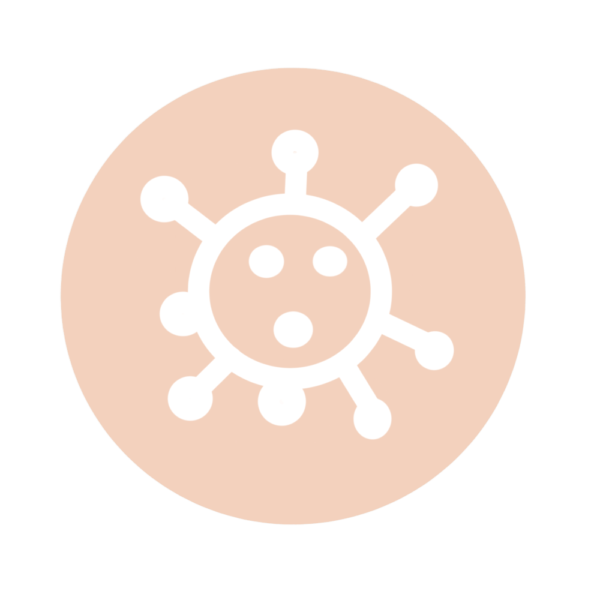Respiratory syncytial virus (RSV)
Baby health

Respiratory syncytial virus (RSV) is a major cause of respiratory illness in young children. The virus infects the lungs and breathing passages.RSV can lead to other severe infections, including pneumonia. It is most serious in babies.
Symptoms of RSV in young children and babies:
- Stuffy or runny nose
- Sore throat
- Mild headache
- Fever
- Difficulty breathing
- Runny nose
- Sneezing
- Wheezing
- High fever
- Thick nasal discharge
- Cough that produces yellow, green, or gray mucus
- Signs of dehydration
How is RSV diagnosed
If a child has other health conditions, the doctor might want to make a specific RSV diagnosis, the virus is identified by testing nasal fluids.
Treatment for RSV
Since there is no real medication for RSV, severe cases are treated with a breathing machine in a hospital. Sometimes, doctors may also prescribe medicine to help open a child’s airways.
Signs of an emergency
Seek immediate medical care at a hospital if your baby’s fingernails or mouth are blue in color as this is a sign that your baby is not getting enough oxygen.
Is RSV contagious
RSV is highly contagious. It spreads through droplets containing the virus through coughs or sneezes. A child who has RSV should be kept separate from other children.
Verified:
Dr. Wanwadee Sapmee Panyakat (OB-GYN), license no. 41208 (1 April 2020)



